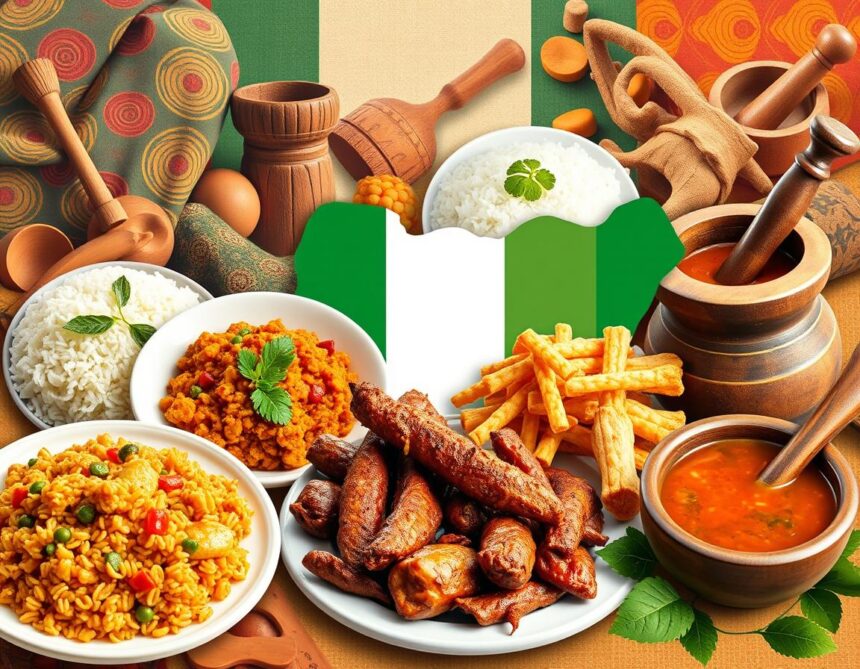Nigerian cuisine is a vibrant tapestry of flavors, textures, and traditions that reflect the diversity of its people and regions. As Africa’s most populous nation, Nigeria boasts a rich culinary heritage shaped by its over 250 ethnic groups, each with unique dishes that tell stories of history, community, and identity.
STAPLES OF NIGERIAN CUISINE
Nigerian food revolves around staples like yams, cassava, rice, and maize, complemented by leafy greens, spices, and proteins. These ingredients form the backbone of iconic dishes that are deeply woven into Nigeria’s culture.
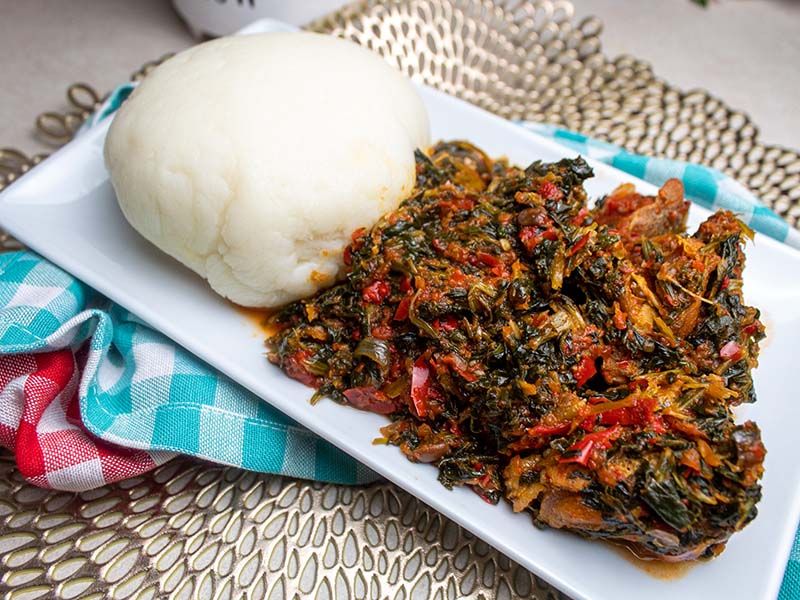
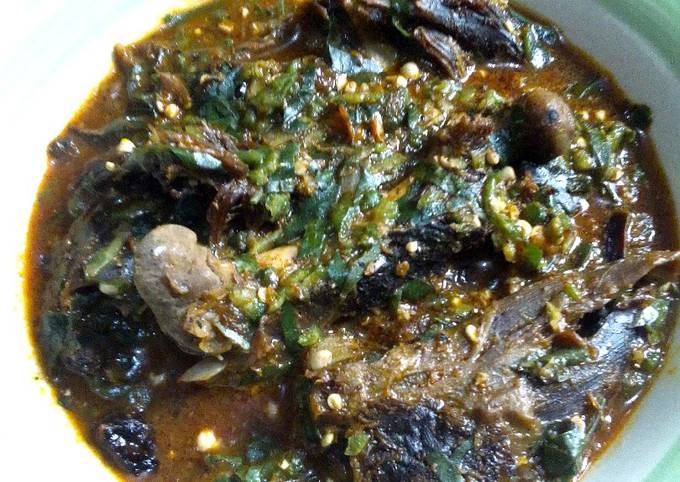

JOLLOF RICE
Arguably Nigeria’s most famous dish, Jollof rice is a celebration of vibrant flavors. Cooked with a rich tomato base, onions, and a blend of spices, this one-pot dish is often served at parties, weddings, and festivals. While its origins are debated across West Africa, Nigerians have made Jollof their own, often pairing it with fried plantains, grilled chicken, or fish.
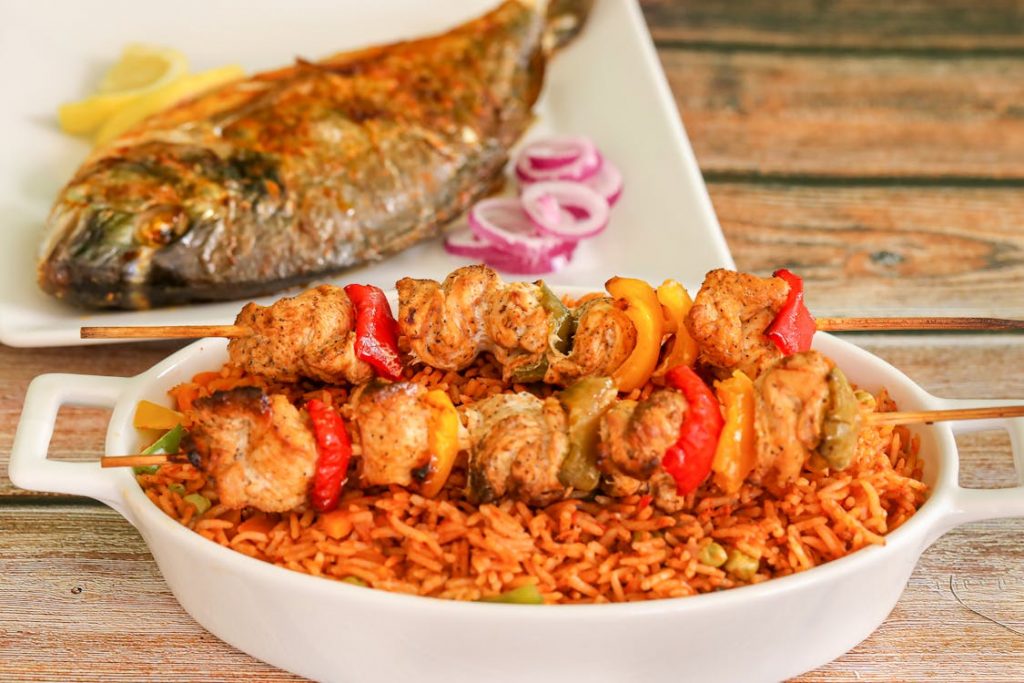
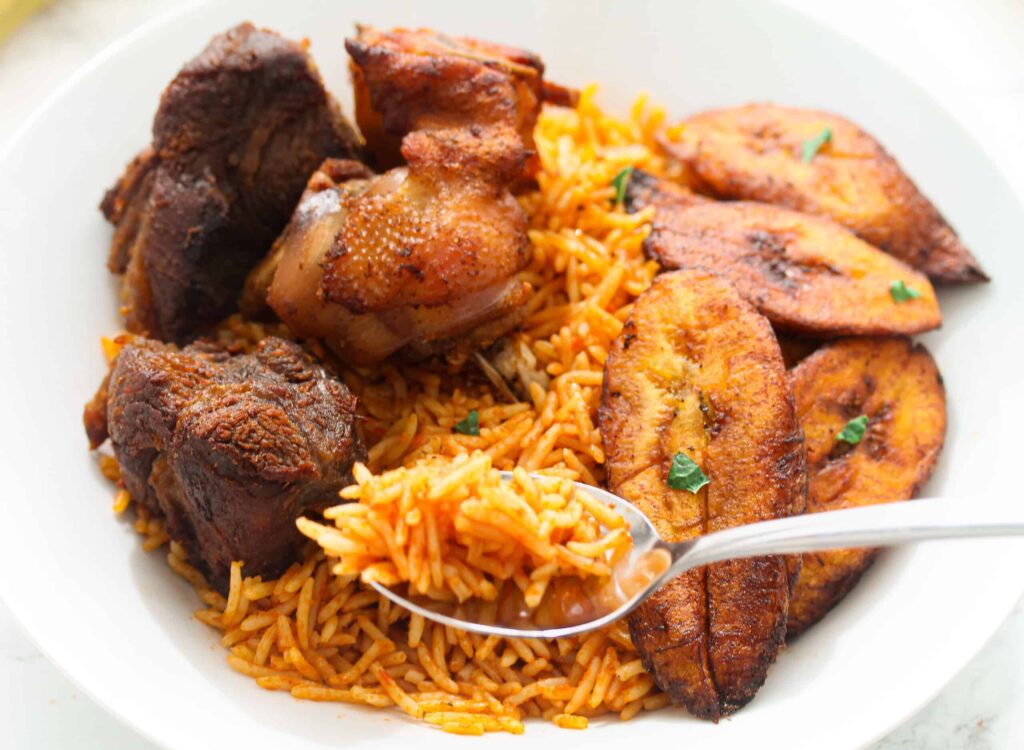
EGUSI SOUP
A staple across Nigeria, Egusi soup is made with ground melon seeds, leafy greens, and assorted meats or fish. This thick, savory soup is typically eaten with fufu—a starchy, dough-like accompaniment made from pounded yam, cassava, or plantain. Egusi’s earthy flavors and hearty texture make it a favorite comfort food.
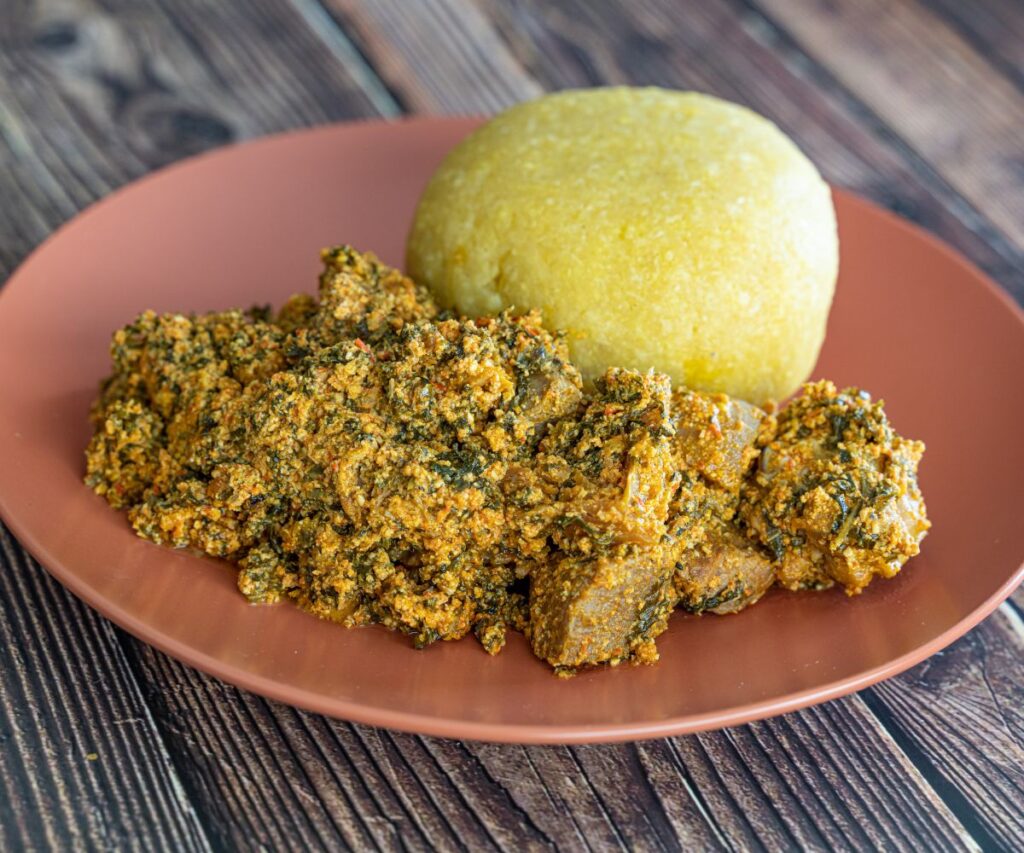
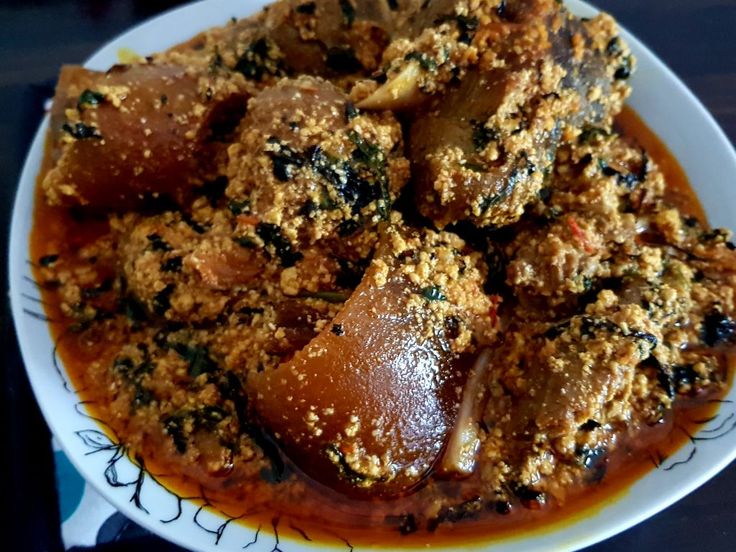
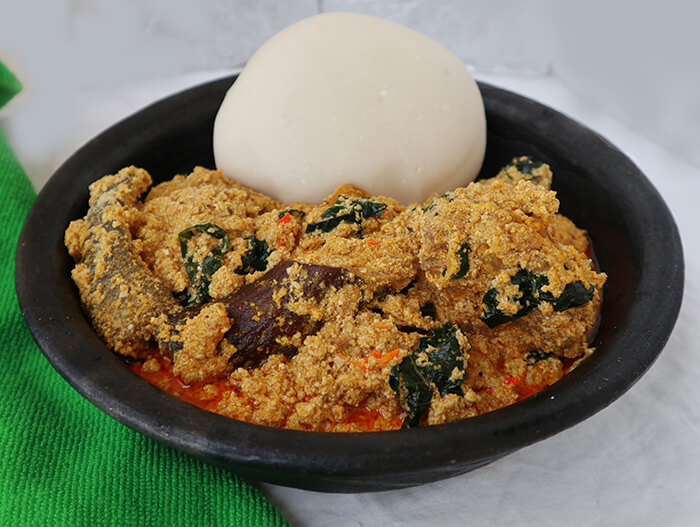
POUNDED YAM AND EFO RIRO
Pounded yam is a beloved dish among the Yoruba people of southwestern Nigeria. Often paired with Efo Riro, a spinach-based stew enriched with tomatoes, peppers, and assorted meats, this combination is a celebration of bold flavors and textures.
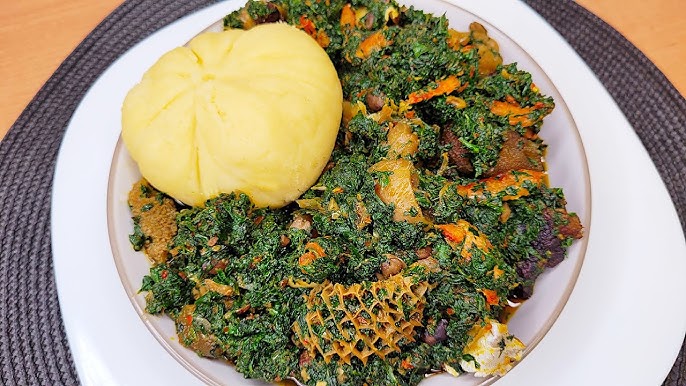

SUYA
Nigeria’s answer to street food, suya is a spicy meat skewer that’s wildly popular across the country. Originating from the Hausa people, this delicacy features thinly sliced beef or chicken seasoned with yaji (a spicy peanut-based rub) and grilled over an open flame. Suya is a must-try for its smoky, fiery flavors.
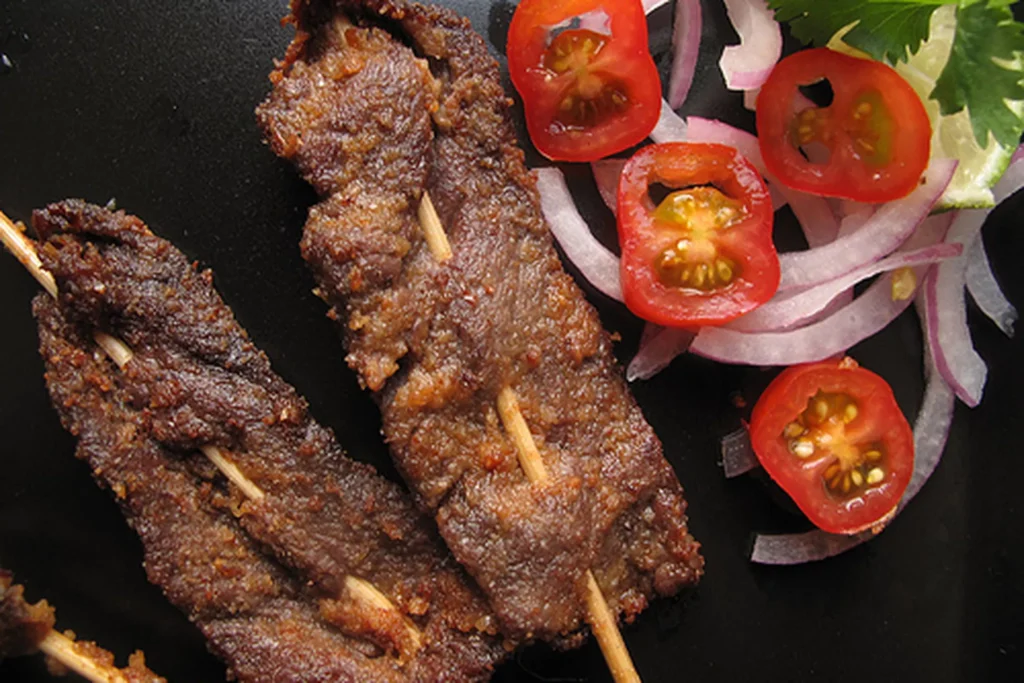
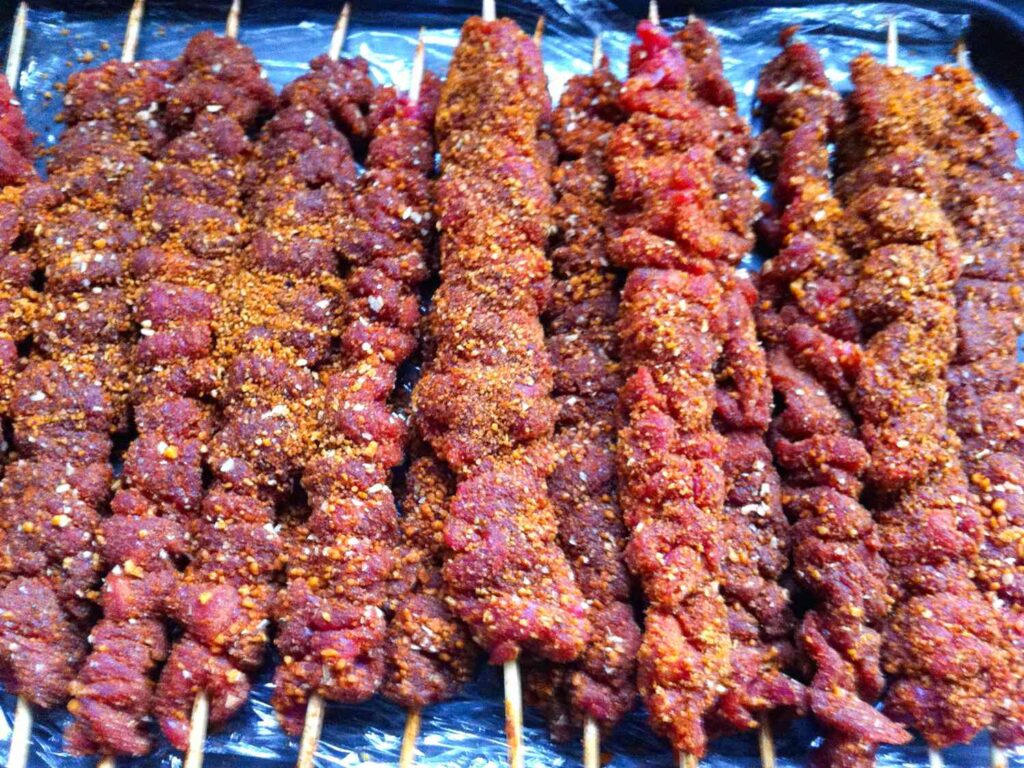
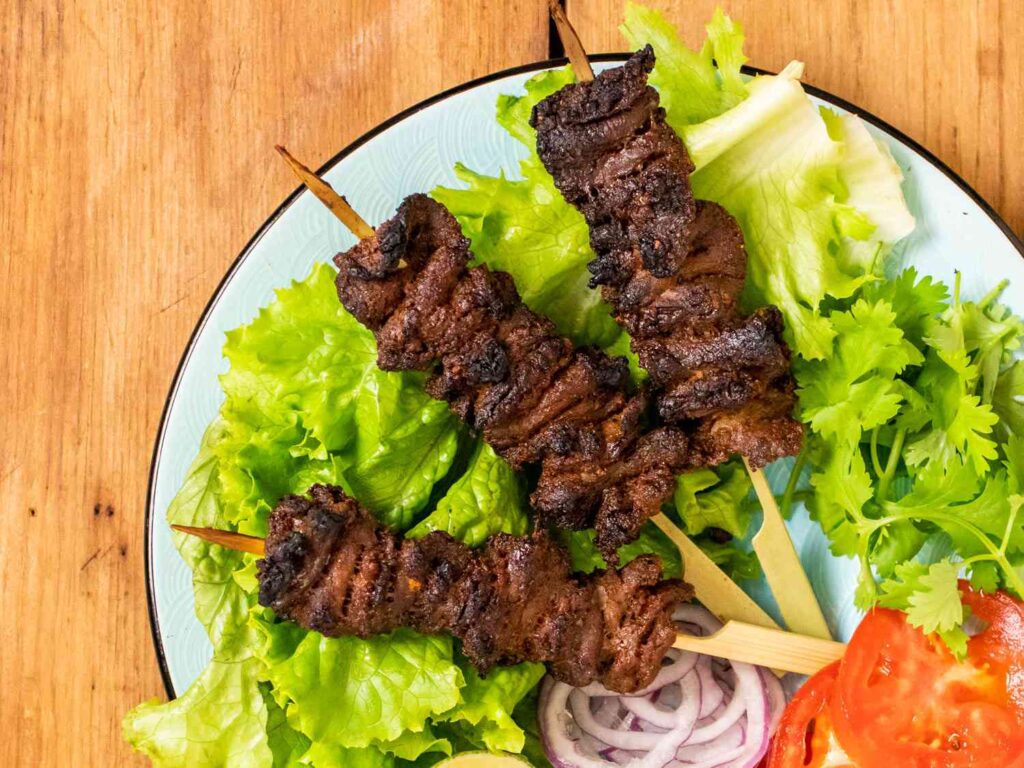
AKARA AND MOI MOI
Made from black-eyed beans, akara (bean cakes) and moi moi (steamed bean pudding) are classic Nigerian foods. These dishes are not only flavorful but also deeply symbolic, often served during family gatherings, celebrations, and traditional ceremonies.

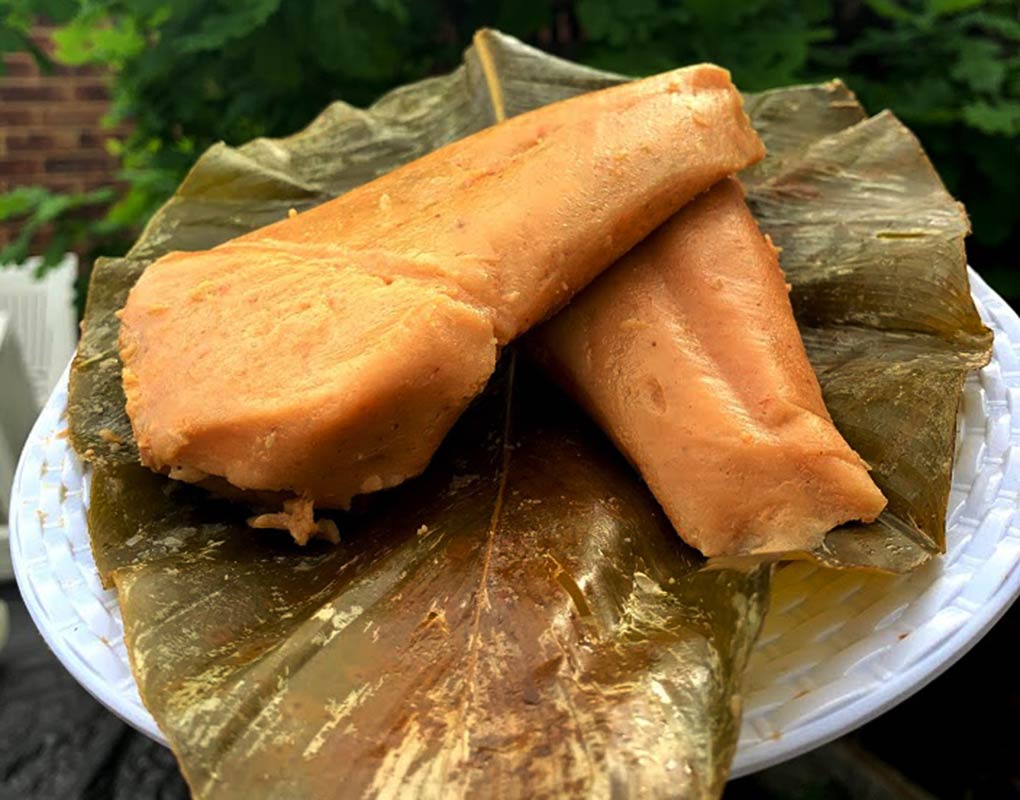

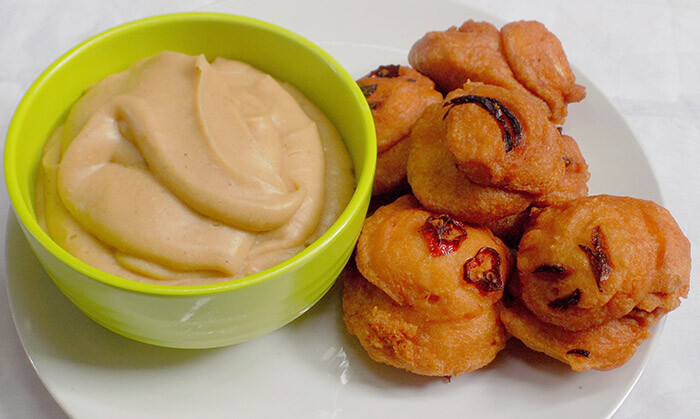
REGIONAL DELICACIES
Nigeria’s regional diversity shines through in its culinary offerings, with each area showcasing unique ingredients and cooking techniques.
Northern Nigeria:
Known for its savory dishes, Northern Nigeria offers meals like tuwo shinkafa (rice pudding served with soup) and miyan kuka (a soup made with baobab leaves).
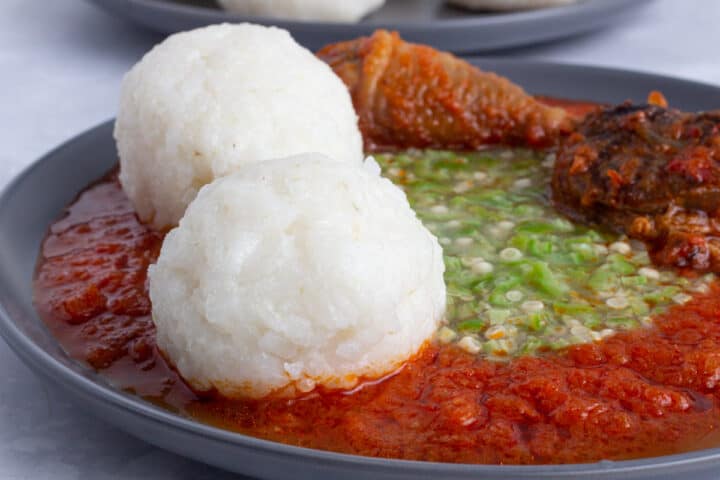
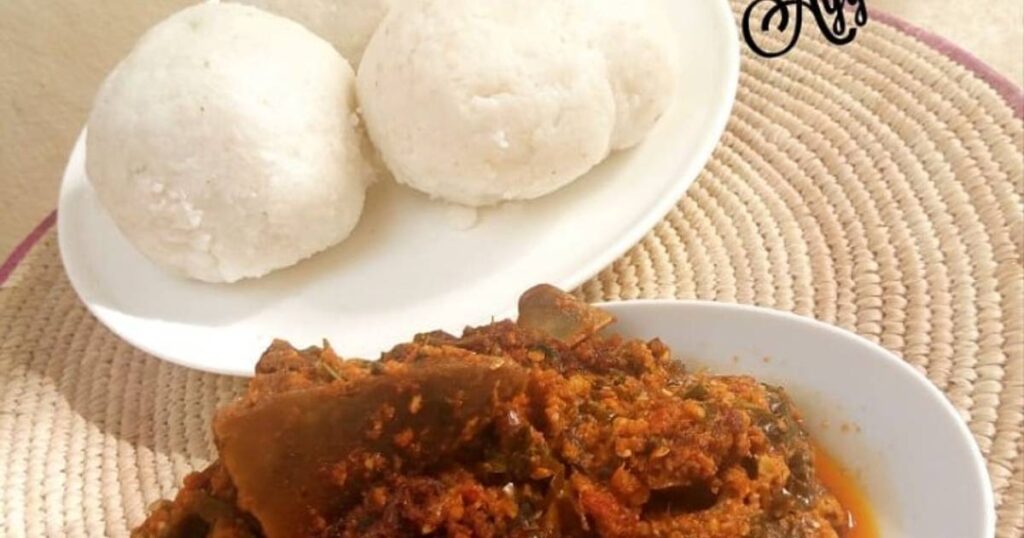
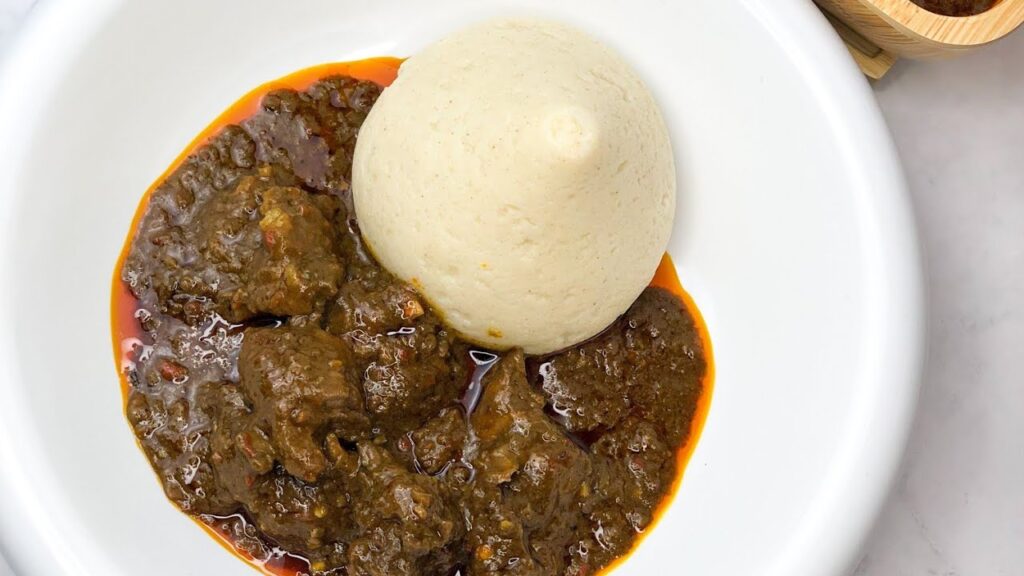
Eastern Nigeria:
The Igbo people are known for their love of soups, such as ofe nsala (white soup) and ofe onugbu (bitterleaf soup).
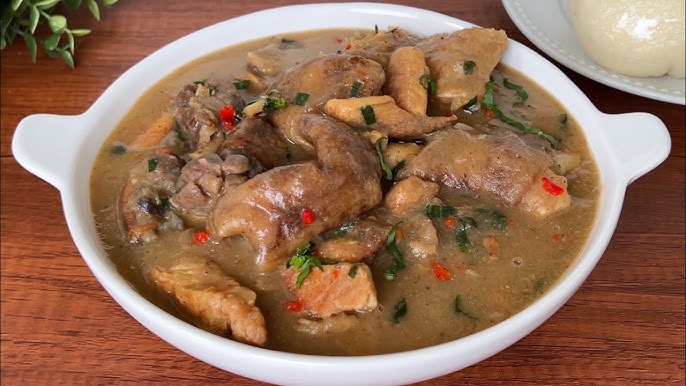
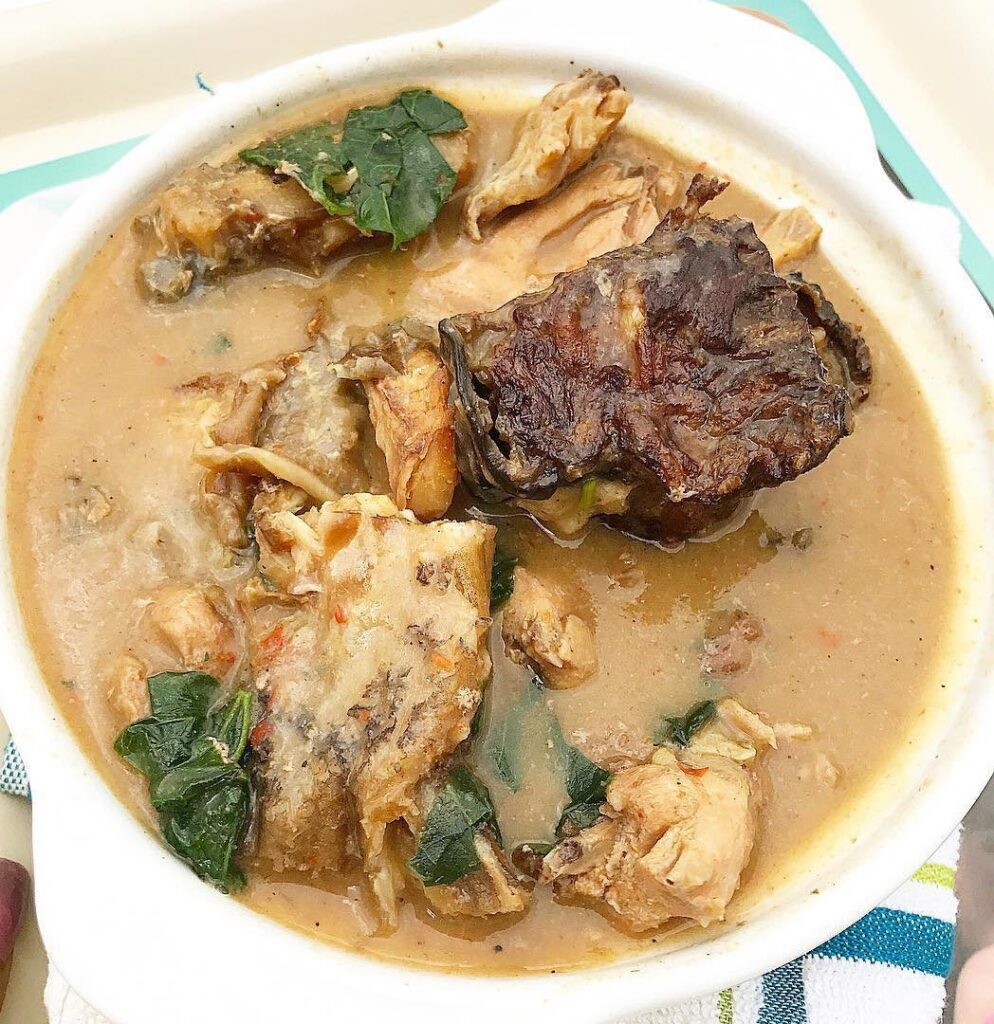
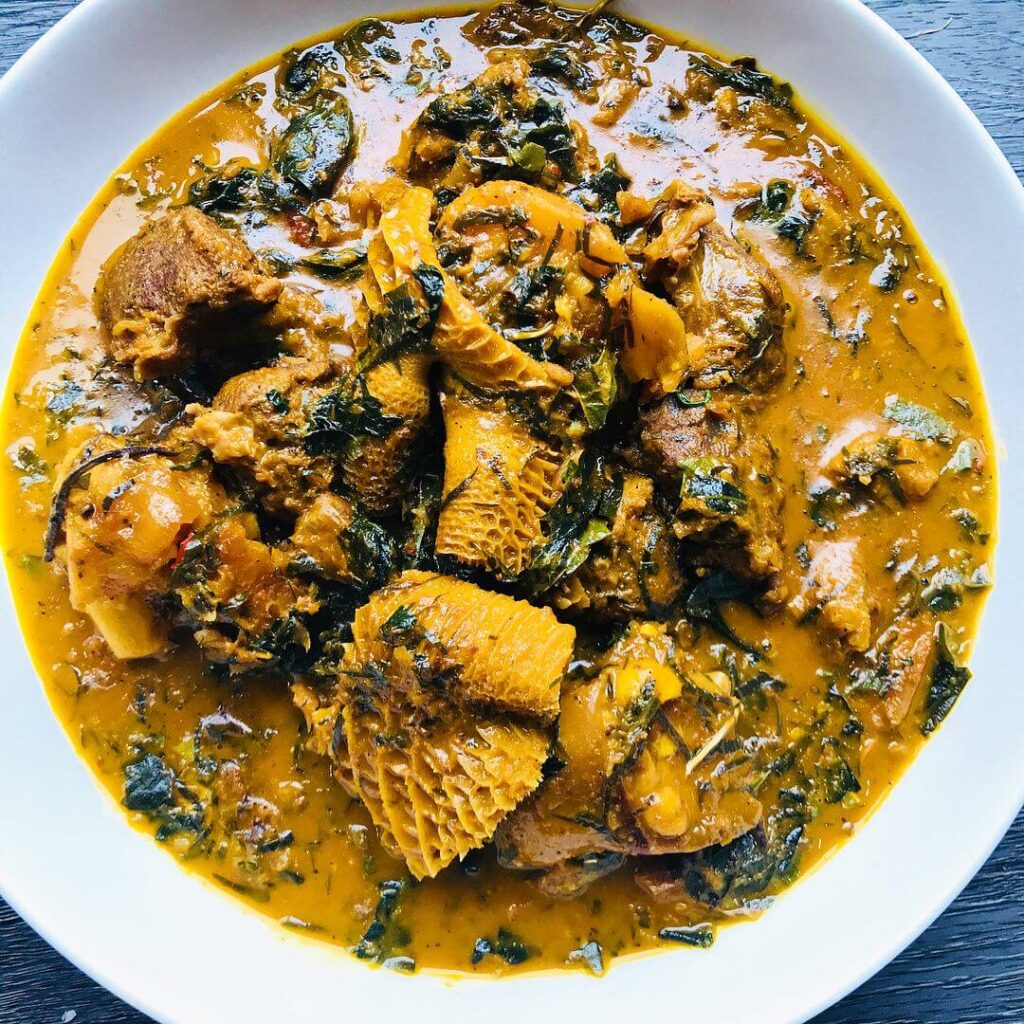
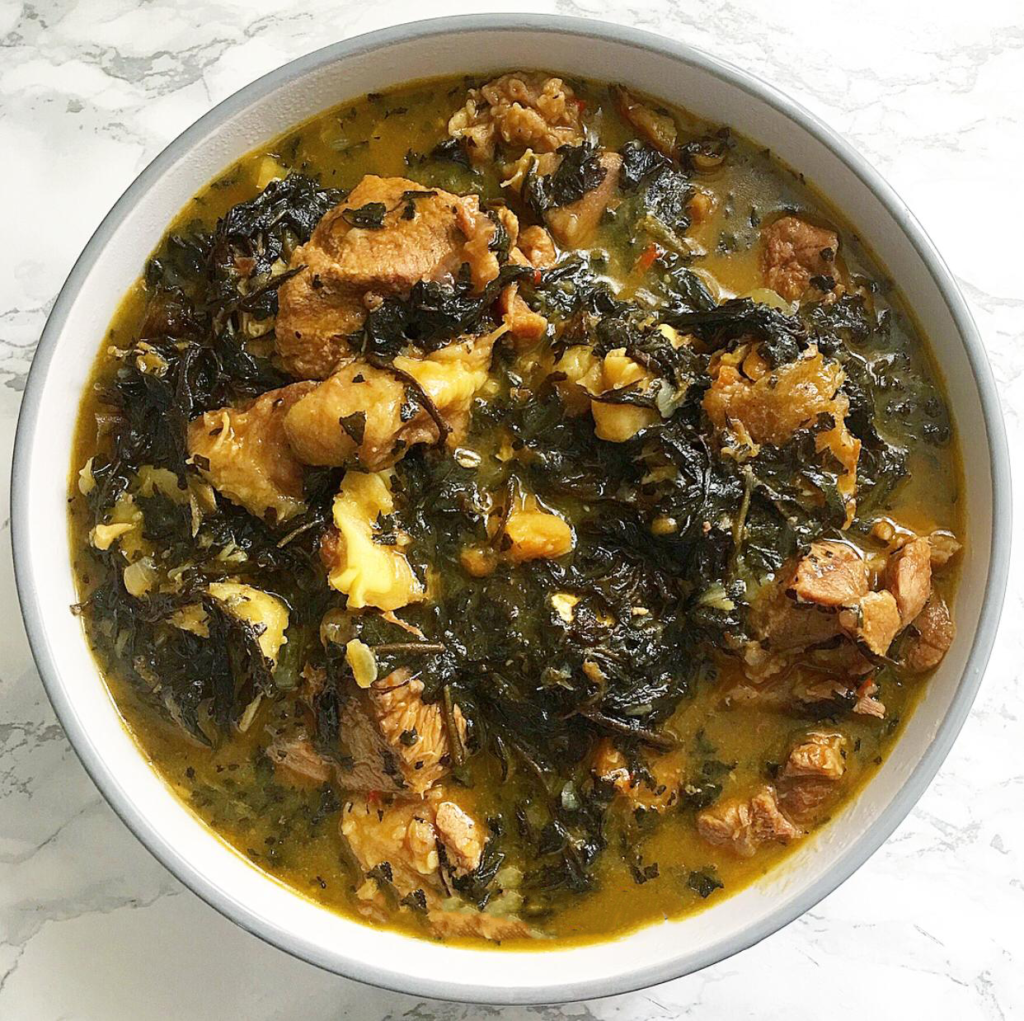
Western Nigeria:
Yoruba cuisine emphasizes stews and peppery flavors, with dishes like ayamase (green pepper stew) and asaro (yam porridge).
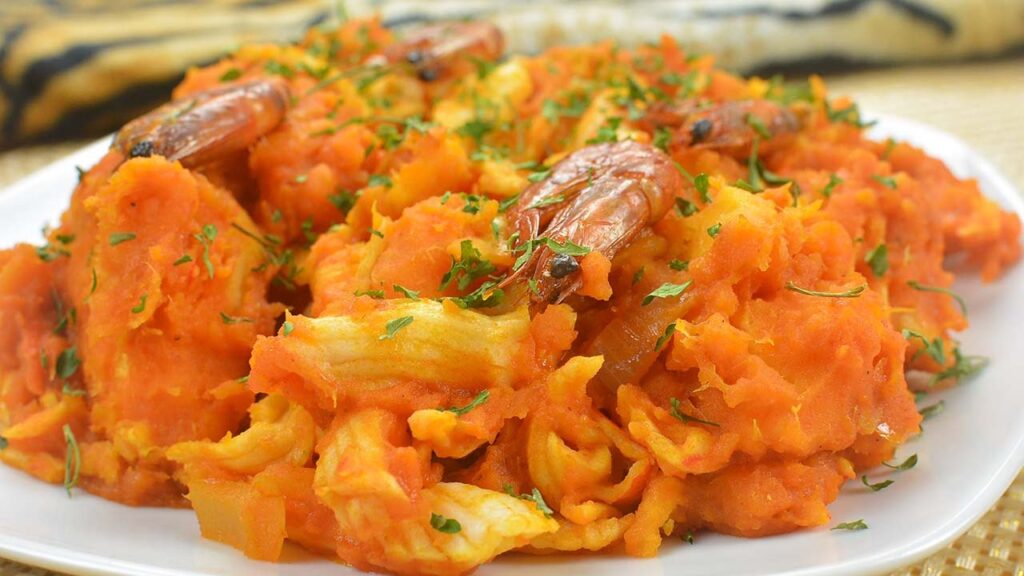
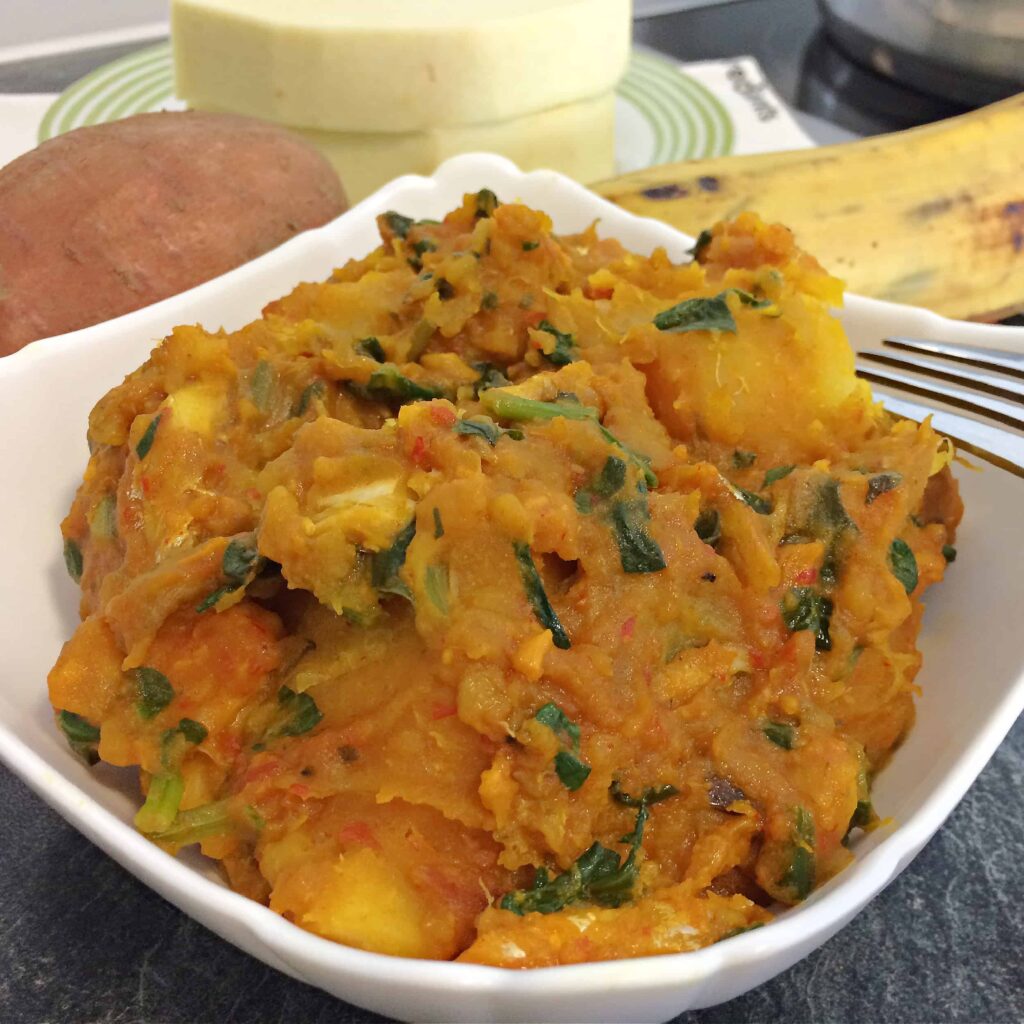
Southern Nigeria:
Home to the Niger Delta, this region is famous for its seafood-rich dishes, such as banga soup (made with palm nut extract) and pepper soup (a spicy broth often paired with catfish or goat).
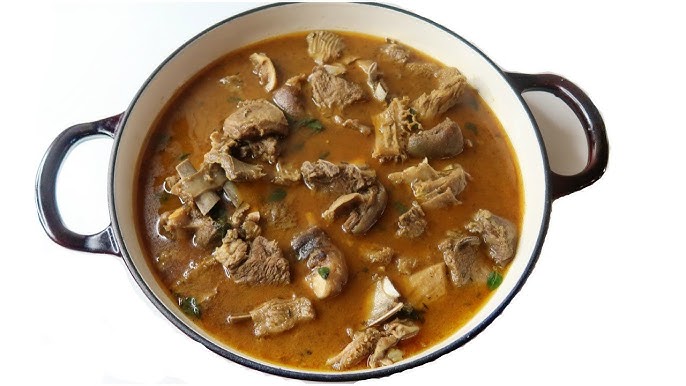
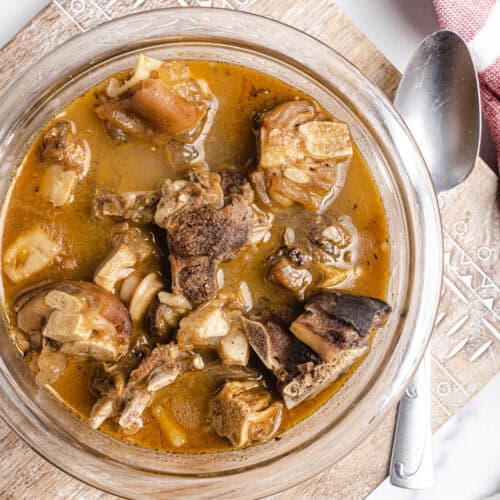
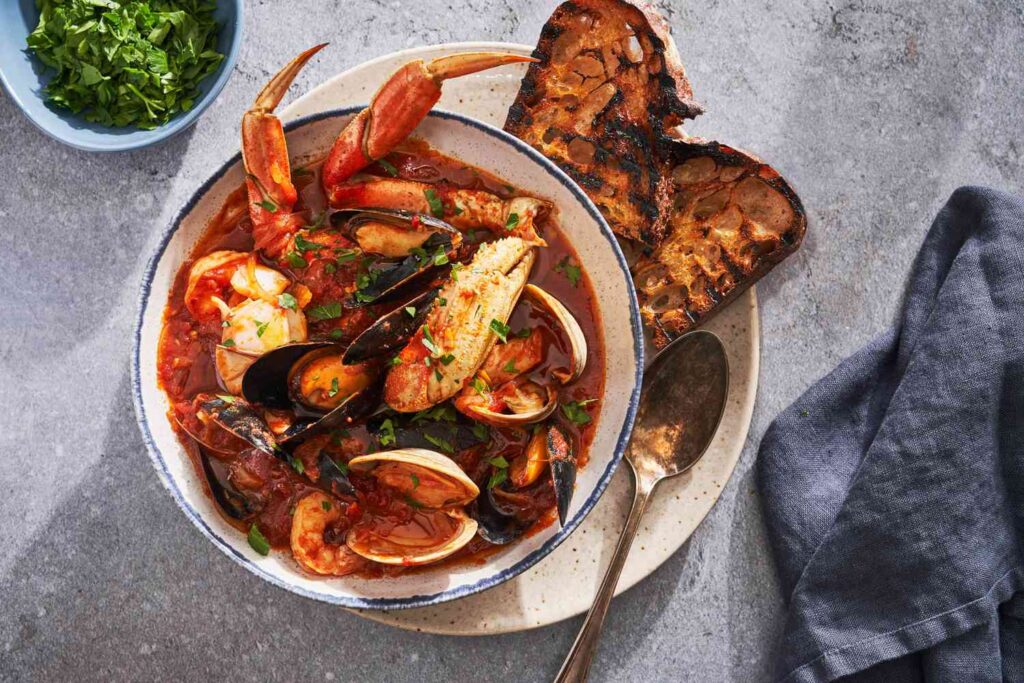
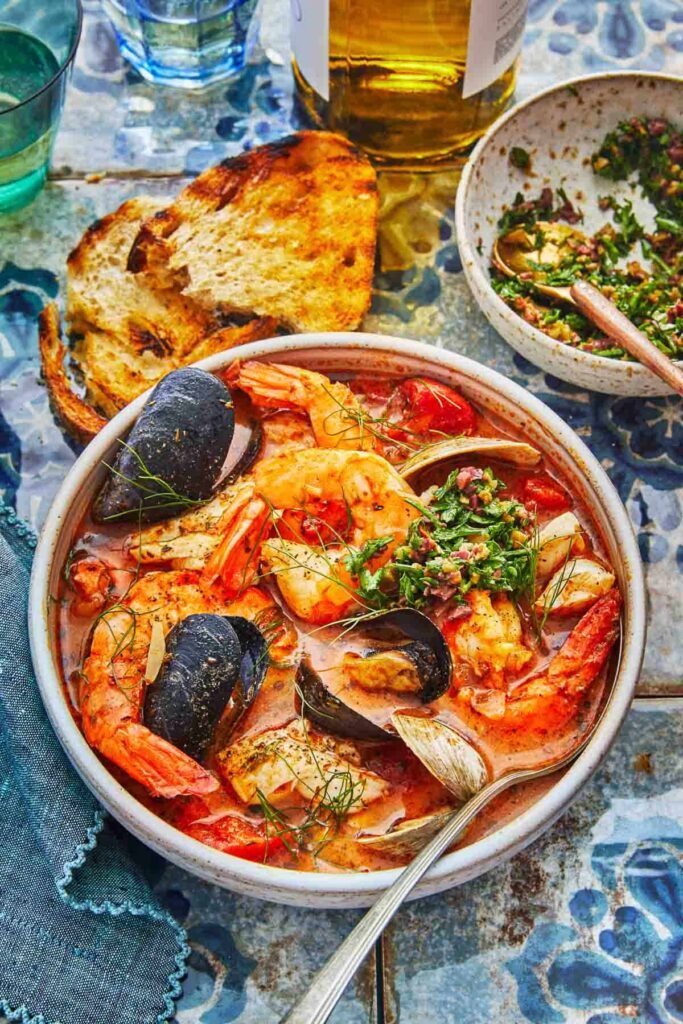
THE ROLE OF FOOD IN NIGERIAN CULTURE
Food in Nigeria transcends sustenance; it is central to celebrations, rituals, and social interactions. Weddings, naming ceremonies, and festivals are incomplete without a generous spread of dishes.
Traditional meals often symbolize prosperity, unity, and gratitude.For example, during the New Yam Festival celebrated by the Igbo people, yam is revered as a sacred crop and prepared in various forms to honor ancestors and mark the harvest season. Similarly, communal cooking and sharing of meals strengthen family bonds and foster a sense of belonging.
MODERN INFLUENCE AND GLOBAL
AppealNigerian cuisine has gained global recognition in recent years, thanks to the Afro Diaspora and the growing popularity of African restaurants worldwide. Chefs and food enthusiasts are reimagining traditional dishes, blending Nigerian flavors with contemporary culinary techniques.
In cities like London, New York, and Toronto, Nigerian dishes like Jollof rice, suya, and puff-puff (sweet fried dough) are becoming mainstream, showcasing the rich heritage of Nigerian food to a global audience.
Nigerian cuisine is more than just food—it’s a vibrant expression of culture, history, and identity. From the fiery spices of suya to the comforting flavors of Egusi soup, every bite tells a story of resilience, tradition, and joy.
At Afro Diaspora Pulse, we celebrate the richness of Nigerian food as a vital part of the African story. What’s your favorite Nigerian dish? Share your thoughts and let’s continue the conversation about the flavors that connect us to our roots.
Hungry to explore more about Nigerian cuisine and its ties to the Afro Diaspora? Join the conversation on Afro Diaspora Pulse! Share your favorite Nigerian dishes, recipes, or food memories in the comments section below. Let’s celebrate the flavors that connect us to our roots and each other. Follow us for more stories, recipes, and cultural insights from across the diaspora.

